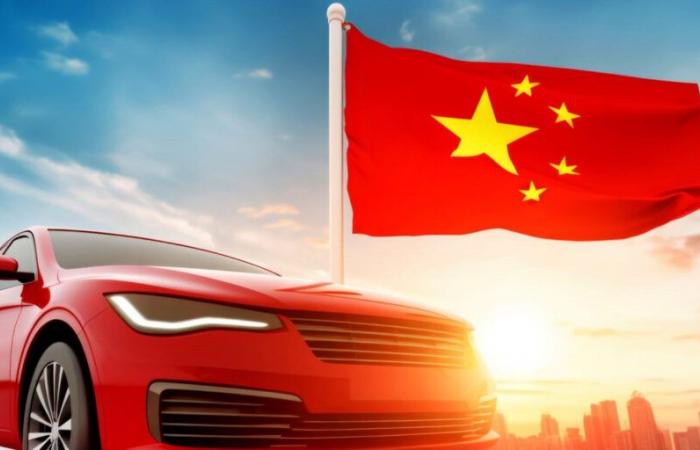Electric car news
You may have heard, the European Union has just made a major decision that will shake up the electric car market. While China has until now dominated this sector thanks to unbeatable prices, the situation is about to change radically. Let's dive into the details of this new regulation and its implications for you, future buyers of electric vehicles.
The new European tax: a brake on Chinese imports
On October 29, the European Commission took a decisive step by adopting a regulation which considerably strengthens customs duties on electric cars imported from China. This decision, far from being trivial, aims to rebalance a market that Europe considers distorted by Beijing's massive subsidies to its automobile industry.
Concretely, in addition to the basic customs duty of 10%, a compensatory tax will be applied. Its rate will vary depending on the manufacturer:
- 17% for BYD
- 18.8% for Geely group brands
- 35.3% for SAIC brands, including the popular MG
- 7.8% for Tesla, which although American, produces in China
This measure, which will come into force on October 31, is not limited to Chinese brands alone. European manufacturers like Dacia (with its Spring), Volvo (EX30), Smart (#1 and #3) and Mini, which produce in China, will also be impacted.
The reasons behind this European decision
The European Union does not take this decision lightly. After an in-depth investigation, Brussels believes it has gathered enough evidence demonstrating that Beijing has generously subsidized its electricity sector, thus creating unfair competition on the European market.
This situation has allowed Chinese manufacturers to offer electric vehicles at unbeatable prices in Europe. For example, the MG4, which has been a runaway success, could see its price increase significantly. The objective is clear: reduce the price gap between Chinese and European models, thus giving local manufacturers a chance to compete.
The impact on the market and consumers
For you, future buyers of electric cars, this decision will have significant repercussions. We can expect an increase in prices on the models concerned, although some manufacturers, such as MG, have anticipated by building up significant stocks to maintain their attractive prices until the end of the year.
This new situation could reshape the landscape of electric mobility in Europe. European manufacturers, who are investing massively in the development of electric vehicles, could see their competitiveness strengthened. Models like the Renault 5 electric or the future Volkswagen ID.2expected to counter the Chinese offensive in the affordable city car segment, could benefit from this new context.
However, we should not expect a complete disappearance of Chinese brands from the European market. These manufacturers have demonstrated a remarkable capacity for adaptation and could consider relocating part of their production to Europe to avoid these new taxes.
China's response: a battle that has only just begun
As one might expect, Beijing's reaction was not long in coming. China announced that it had referred the matter to the World Trade Organization (WTO), denouncing the EU's protectionist approach. This decision marks the start of a legal and diplomatic battle that could extend over several years.
In a press release, the Chinese government expressed its desire to resolve this trade conflict through dialogue, announcing a “new phase of consultations” with the EU. However, China is unlikely to remain inactive in the face of what it sees as an attack on its economic interests.
What future for electric mobility in Europe?
This EU decision marks a turning point in the European strategy for electric mobility. It demonstrates a desire to protect local industry while accelerating the transition to more environmentally friendly vehicles.
For you, consumers, this means that the choice of your next electric car could be influenced by these new taxes. It will be crucial to monitor the evolution of prices and offers in the coming months. European manufacturers could seize this opportunity to offer more competitive models, while Chinese brands will have to rethink their strategy to maintain their attractiveness.
The stakes are high: it is not only a question of rebalancing the market, but also of ensuring technological sovereignty of Europe in a key sector for the future of mobility. This decision could accelerate the development of the European electricity sector, from the production of batteries to the design of innovative vehicles.
While the automotive world is changing, this new regulation adds a geopolitical dimension to the energy transition. It reminds us that the transition to electric is not just a technological question, but also a major economic and strategic issue for Europe.
As consumers, we are at the heart of these changes. Our future choices in electric mobility will help shape the automotive landscape of tomorrow. One thing is certain: the electric car market in Europe is at the dawn of a new era, full of challenges but also opportunities for cleaner and more sustainable mobility.
Written by Philippe Moureau
Forty-year-old passionate about electric cars. I am interested in the energy transition and the fight against greenhouse gas emissions. I am a true electric car enthusiast and environmental advocate.
React to the article







